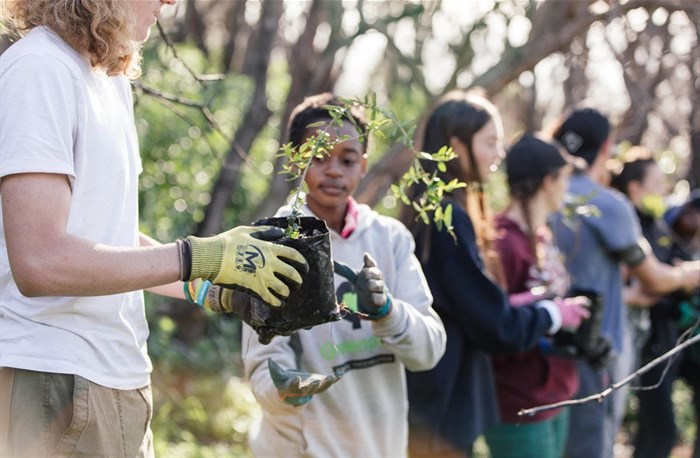Cape Town based travel company, Jumbari Family Safaris has partnered with Greenpop the not-for-profit forest restoration and urban greening organisation in an effort to promote sustainable travel by decreasing traveler's carbon footprint when traveling to Africa.

©Juliette Bisset
In a 2019 report by the World Tourism Organization (UNWTO) and the International Transport Forum (ITG), transport related emissions from tourism are predicted to account for 5.3% of all man-made CO2 emissions by the year 2030.
The Global Tree Restoration Potential Report published in July 2019 found that forest restoration is the best climate change solution available today and increasing the Earth’s forests by an area the size of the United States would cut atmospheric carbon dioxide by 25%.
"As a company that lives and breathes sustainable travel, we feel it is our responsibility to offer clients an easy solution to offsetting their carbon emissions when visiting Africa," says Lisa Nel, general manager of product and marketing at Jumbari Family Safaris.
Protecting natural spaces
"We have partnered with Greenpop in an effort to further our responsible travel offering and invite our clients to donate a tree or engage in a day of tree-planting during their stay in Southern Africa. For USD$8, Greenpop will plant a tree in one of their forest restoration projects in sub-Saharan Africa and our clients will receive a personalised digital Tree Certificate as well as GPS coordinates of where their tree has been planted," says Nel.
Africa is one of the world’s most rapidly urbanising continents. According to Greenpop, between the years 2000 and 2030, the urban population in Africa will more than double, with urban space increasing by more than 700%. As this happens, more and more ecosystems and the essential natural assets that they provide will come under threat.
"It is more important than ever to work together to protect these natural spaces – it is only by conserving and restoring these threatened ecosystems that we can ensure a sustainable future," says Nel.



































